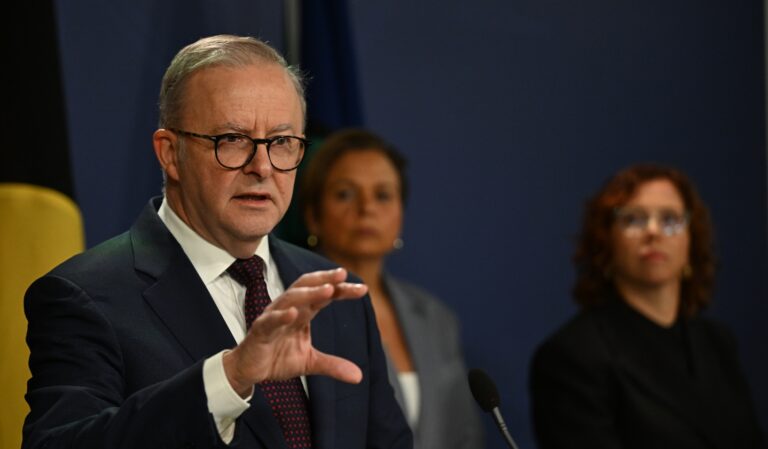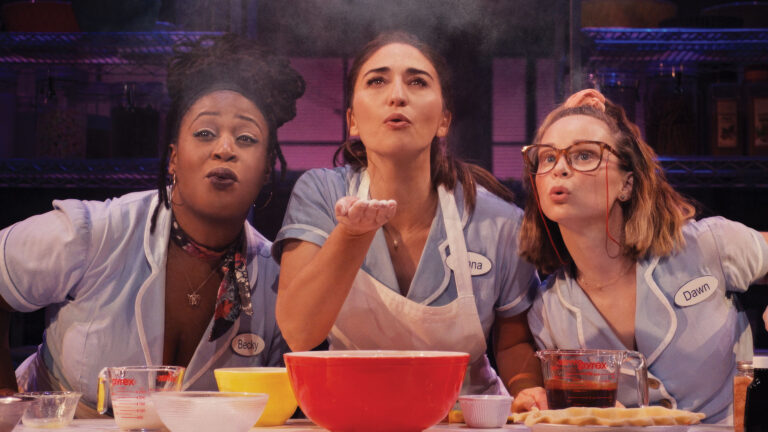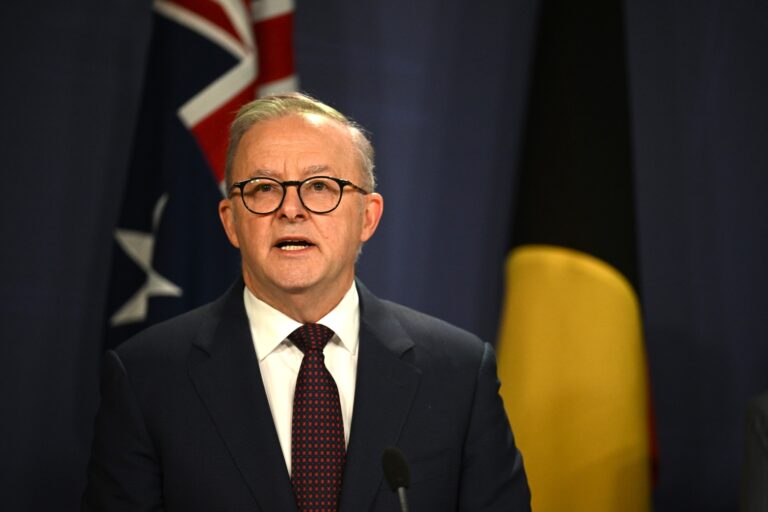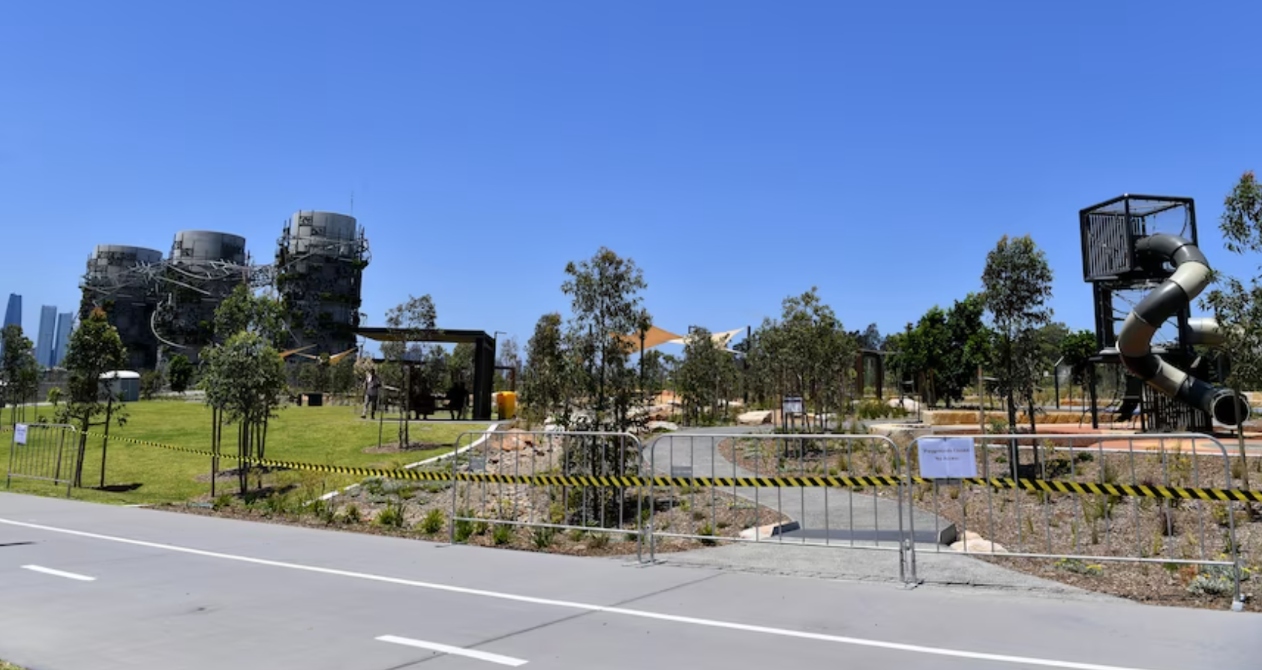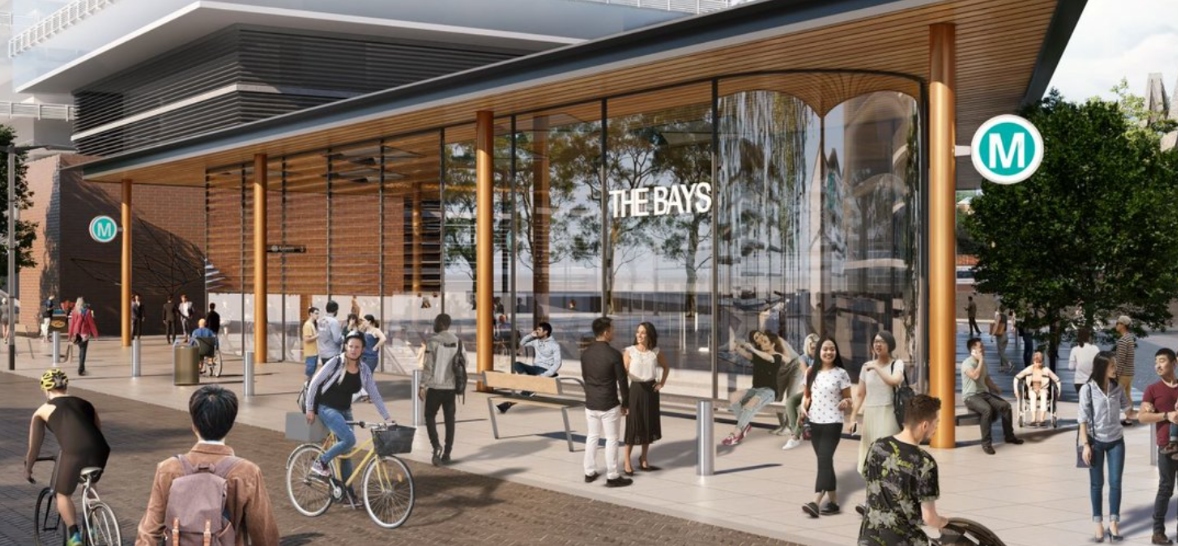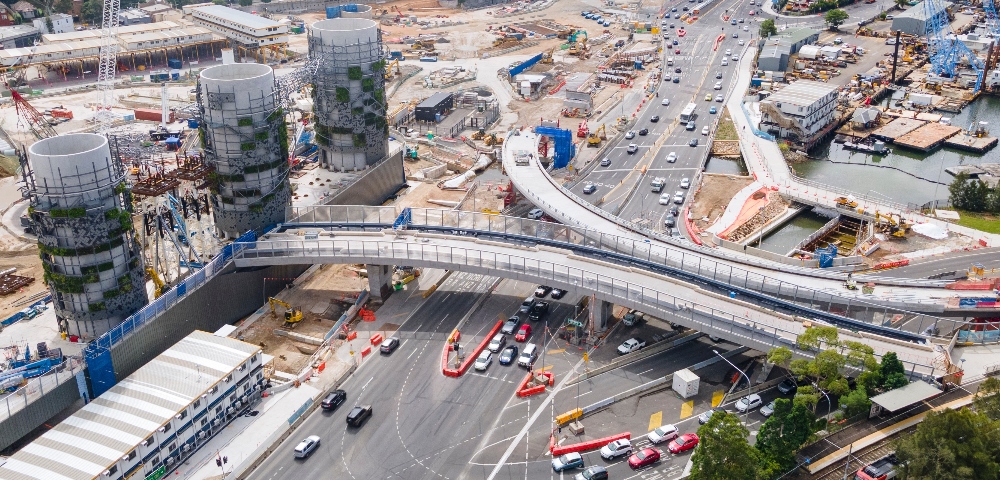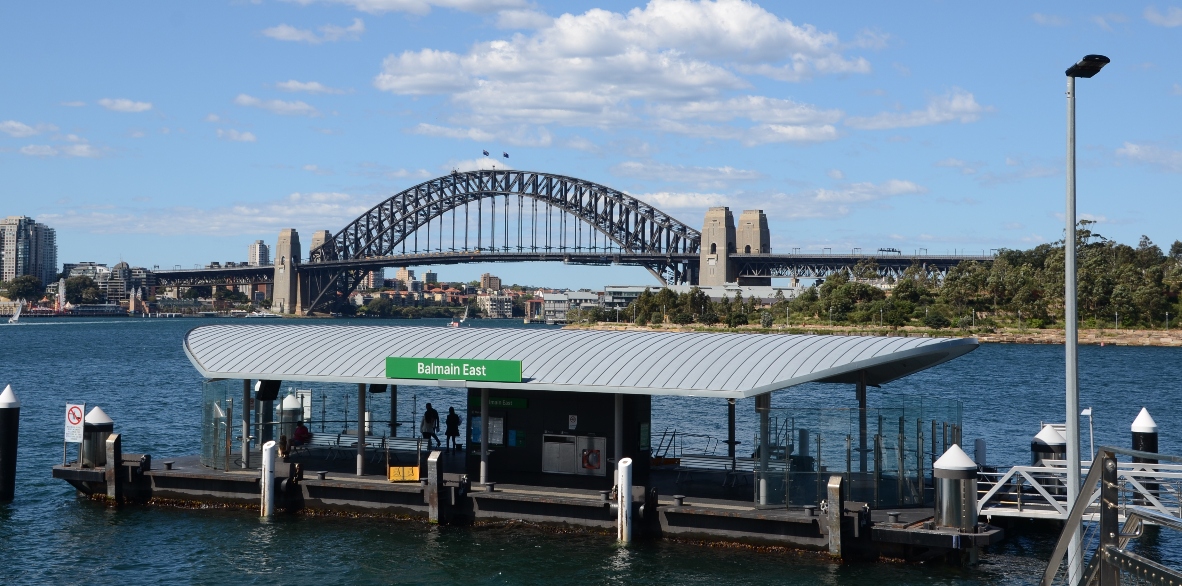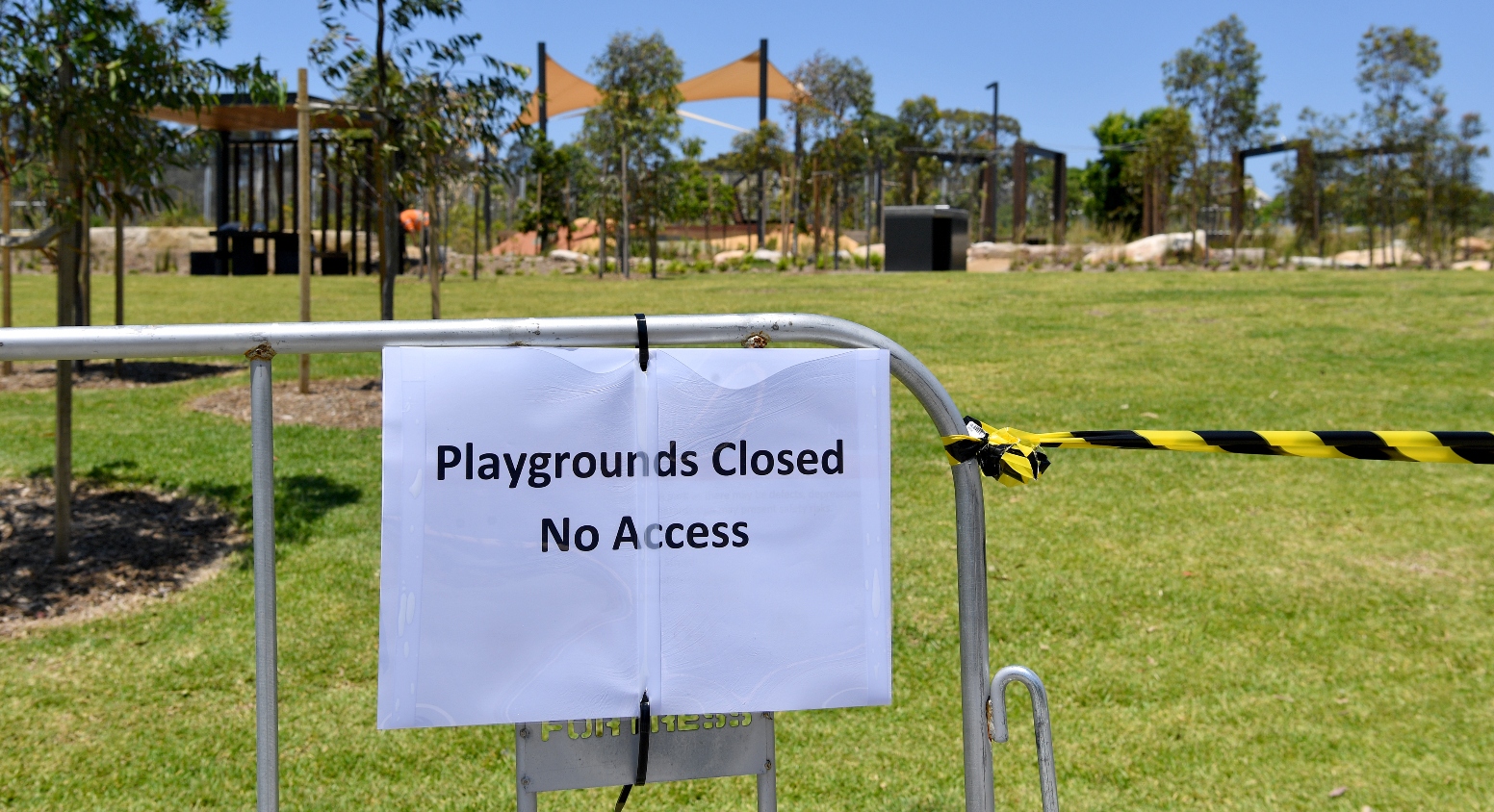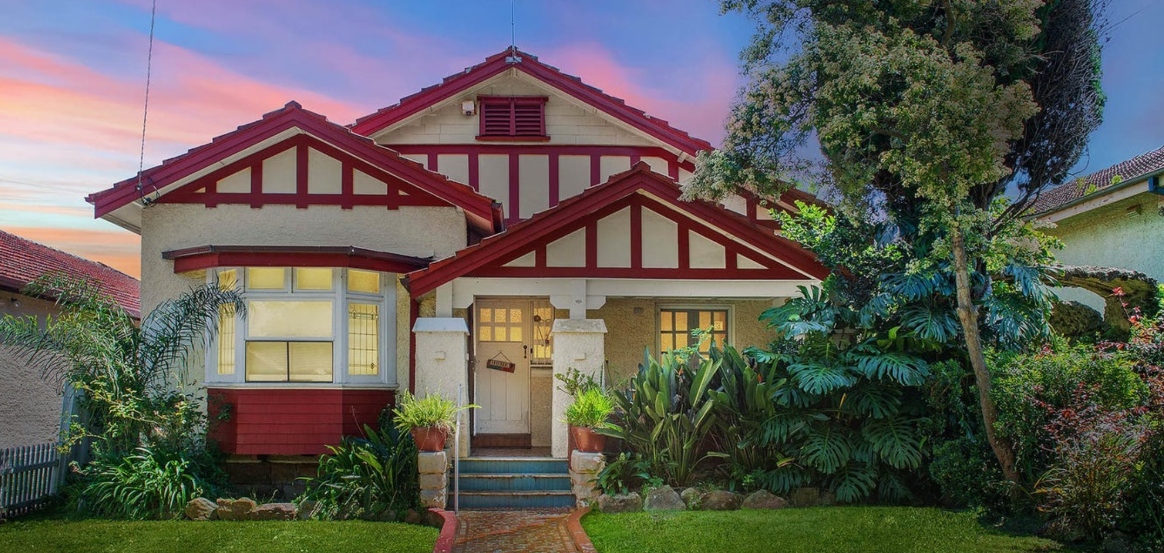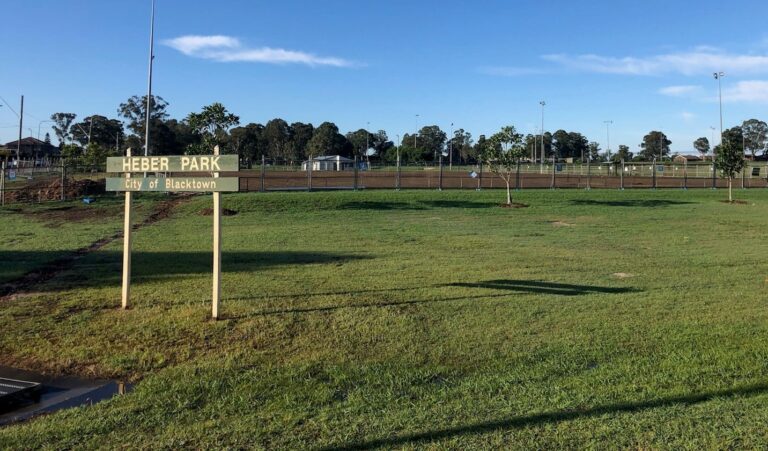
I AM NOT A VIRUS: How Inner West artists are fighting back against racism
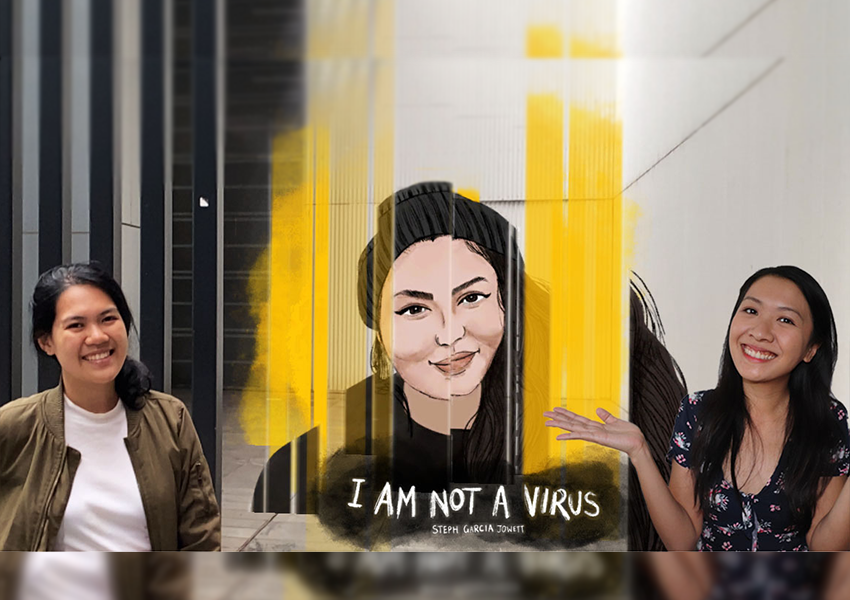
By GEORGIA ROBINSON
“Racism is a social disease and it needs to be addressed as a matter of urgency.” – Susan Chen
Asian based racism is an issue which has existed for as long as Asian people have been migrating to Australia, however, the COVID-19 pandemic has exacerbated it for Asian people all over Australia and the world.
A “COVID-19 Racism Incident Report” released by the Asian Australian Alliance and Osmond Chiu at the Per Capita Thinktank in 2020 revealed the racist experiences of over 410 Asian-Australians and showed a “clear pattern of racist attacks against Asians and Asian Australians as a result of the COVID-19 pandemic.”
“81 percent of the respondents have said that the racist incident they experienced was a result of the COVID-19 pandemic,” said the report.
40 percent of these incidents were in public and the majority of perpetrators were unknown to the respondents, with one respondent saying that they were, “driving past a car, [where the] passengers screamed out ‘CORONAVIRUS’ then left laughing.”
Close to 60 percent of racist experiences involved physical or verbal harassment with the most common type of racism being in the form of racial slurs and name calling.
In addition to this, 90 percent of these incidents were not reported to the police.
From viral hashtag to art
Diversity Arts Australia partnered with the Asian Australian Alliance on the report and used its results, in addition to results from their own survey, as a basis for their “I Am Not A Virus” arts initiative.
#IAmNotAVirus is a trending international hashtag which brings light to issues of COVID-19 related racism on social media. Diversity Arts Australia took inspiration from this hashtag in naming their initiative as the project allows Asian-Australian artists to bring light to issues of COVID-19 racism through their art.
48 artists from around Australia were chosen to produce artworks which reflect their experiences with racism and address the issue as a whole, ten of these artists were from the Inner West.
Kevin Bathman, the project producer, hopes that when the art pieces are released they are experienced mainly by non-Asian Australians.
“I think they [non-Asian Australians] are able to understand the issue in a more nuanced way, as they are experiencing it rather than just reading it.”
Susan Chen was one of the Inner West artists chosen for the project and she spoke to the Inner West Independent about her artwork and her experiences with racism.
She spoke about how at the beginning of the pandemic she became anxious to leave the house and when she did she “experienced uncomfortable looks and the occasional racial mutterings from usually older non-Asian males.”
For Susan, the concept of privilege and control in society was one of the main issues that COVID-19 brought up for her.
“Life for non-white Australians can at times feel like it is a game, where we mustn’t stray from the rules for fears of racial backlash,” she said.
She took this idea of a social game, and made it the inspiration behind her visual arts piece, using the Chinese game Mahjong as the premise for her work.
“The oversized tiles feature symbols and words that reflect the slurs, stereotypes, casual racist remarks and patronising platitudes that COVID has reinvigorated.”
Fear becomes hate
Benjamin Hoh was another Inner West artist chosen and he had similar experiences of uncomfortable looks and racist remarks when going out in public during the pandemic, especially when wearing a mask.
He spoke about an explicit experience of racism while walking his son home from school, when a white Australian lady shouted, “You’ve got the plague f*** off.”
Ben was an early mask wearer and often felt that people looked at him as a “disease vector” as a result of connections made between his ethnicity and the fact he was wearing a mask.
In his artwork, he has taken inspiration from the racist fear stereotypes surrounding mask wearing and paired it with the superhero mask metaphor.
He links it with the idea of Batman’s mask, in the way that people feared Batman, but also associated him with power and strength. In this way he wants to take back the power surrounding wearing a mask by “strategically exploiting symbols of fear.”
For Ben, wearing a mask was a way of re-embracing his cultural identity and the themes surrounding his artwork will allow himself and others to not feel powerless in the face of racism.
Both artists hoped to draw attention to the issue of Asian racism in a non-traditional way so non-Asian Australians can better understand it.
Susan hopes that by using humour in her artwork, “it will help create a positive dialogue between all Australians, where we can feel safe, welcome and appreciated for our differences.”
Challenging the status quo
Member for Newtown, Jenny Leong, spoke to the Inner West Independent about the importance of the #IAmNotAVirus phrase and the creative ways in which people are approaching it.
“I think it’s really crucial to have ways to challenge the status quo around some of these assumptions and so a project like this is a crucial part of how we step up and be actively anti-racist,” she said.
Ms. Leong was inspired to become politically active as a result of the “outrageous policies” proposed by politicians like Pauline Hanson and specifically the racist ways in which refugees and asylum seekers were being spoken about.
“It was very much the idea of discrimination and racism that inspired me to get politically active.”
She agrees that the coronavirus has contributed to an increase of anti-Chinese and anti-Asian sentiment and through reports such as the one by the Asian Australian Alliance, “it is clear that people are underreporting issues of racism they’re experiencing in the community.”
When asked whether they felt racism still exists in the Inner West, despite it being a progressive area, Ben, Susan and Ms. Leong all agreed that it in fact did.
Susan says that although the Inner West is progressive, “it is not immune from racism and racist attitudes”, with Ben adding people will still feel entitled to make racist remarks; “an area’s diversity doesn’t necessarily mean its completely progressive.”
“If we are going to solve issues of racism in our society we need to recognise that racism is there and accept that it is there in our society,” said Ms. Leong.
